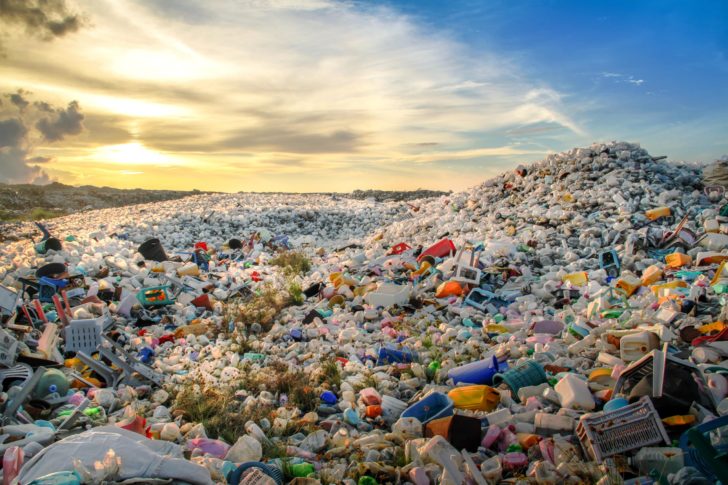Some types of bacteria naturally decompose plastic. By harnessing the power of these special bacteria, scientists have created a « super enzyme » that can degrade plastic bottles. And it does so at a speed six times faster than standard enzymes.
A plastic-eating super enzyme
The enzyme was created by linking two enzymes found in plastic-eating insects in a Japanese landfill in 2016.

The first plastic-eating enzyme was created in 2018, but a version improved by researchers at the University of Portsmouth University in the UK is much more effective. This version is based on the one published in April by the French company Carbios
What’s the next step?
The next step is to make the enzymes work even faster. A new £1 million (around €1,100,000) test centre is being built in Portsmouth, as well as a centre run by Carbios in Lyon to make the enzyme even more effective.

The team is also working on combining the plastic-eating enzyme with an enzyme that digests natural fibres to break down mixed fabrics such as those found in tons of discarded textiles around the world. While exciting new solutions such as these super enzymes are fascinating, it will take time to generalise them for worldwide use. It is therefore essential to focus first and foremost on the production of plastics to reduce the pollution they cause.
